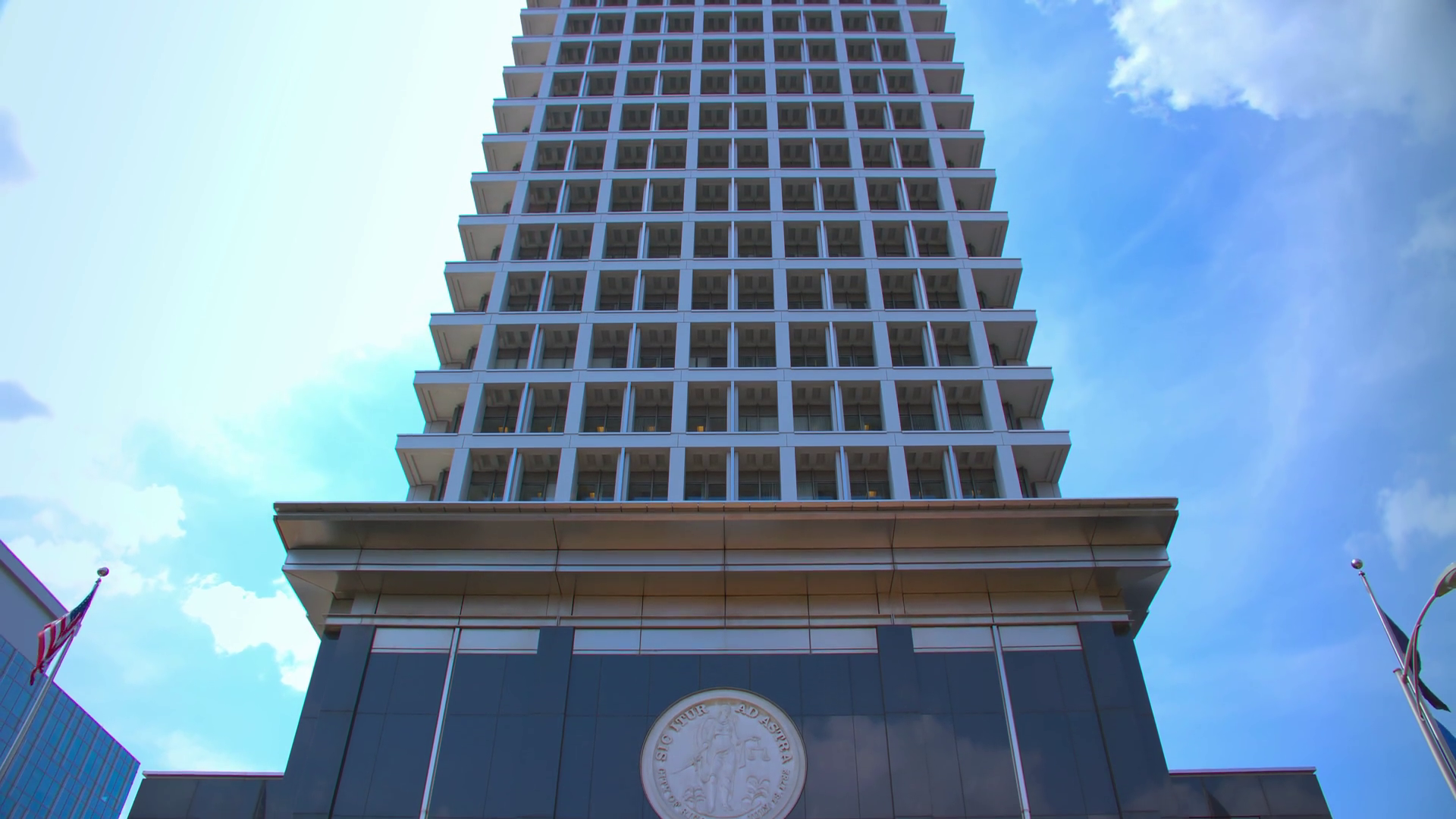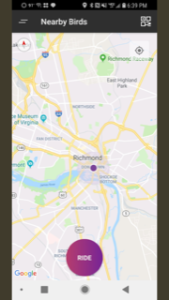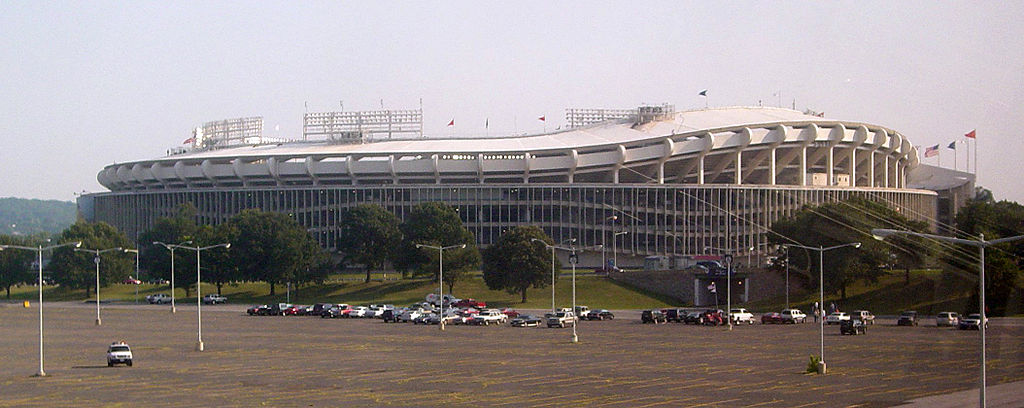Early Thursday morning, in the wee hours of dawn, dozens of electric scooters were dropped throughout the capital city as Bird Ride, an app-based, personal transportation service that seeks to be the “Uber of scooters,” launched its second area of service in Virginia. Arlington received around 50 electric scooters earlier this year, allowing for a better multi-modal transport system in the Northern Virginia city.
Until that afternoon, Richmonders were scampering about and zipping throughout the streets and sidewalks with the rental scooters, skipping from VCU, to local bars and restaurants, and down by the scenic views of the James River on Brown’s Island. However, all this stopped when the city government heard about it.
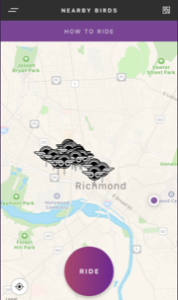 Unfortunately, the California-based company did not inform the city before plopping the scooters on the streets of Richmond, a tactic it has taken in cities across the country that has been met with mixed results. Richmond was one of the many cities that did not take kindly to the company’s unannounced presence.
Unfortunately, the California-based company did not inform the city before plopping the scooters on the streets of Richmond, a tactic it has taken in cities across the country that has been met with mixed results. Richmond was one of the many cities that did not take kindly to the company’s unannounced presence.
After City Hall caught wind of the “Bird,” government officials sent the Department of Public Works (DPW) out to round up the fleeting, “unsanctioned” electric scooters, hiding them in a warehouse somewhere the city, according to some. By the late afternoon, there were no scooters left on the streets of Richmond.
Those who were upset by the move took to Twitter showing themselves on a few that had not yet been taken into custody by the city government. People charged City Hall with “ruining the fun,” and poking too far into private business.
Even Governor Ralph Northam jumped into the melee, tweeting an emoji-filled response to Richmond Mayor Levar Stoney and Bird Ride saying: “‘Give me [scooters] or give me [death]!’ – Patrick Henry,” an ode to Virginia’s first and sixth governor.
Regardless, the scooters were gone by Thursday evening.
“The City of Richmond was not engaged in any way, as required, with respect to deployment of the scooters,” said city spokesman Tom Byrnes in a statement. “As such, Bird is being advised we will be removing them, effective immediately.”
Earlier in the day, people who downloaded Bird’s app could rent the battery-powered scooters after being prompted to provide driver’s license information and agree to the company’s terms and conditions. The app encourages users to wear a helmet while riding, but they are not compulsory as helmets are not provided when one rents a scooter. Moreover, Bird Ride also discourages riders from taking the scooters on sidewalks where pedestrian traffic is heavy.
After downloading the app, users had access to a map showing the scooters’ locations. They cost $1 to unlock and 20 cents per minute to ride. The system worked like Richmond’s new bike-share system, but without the requirement of returning the scooter to a docking station because there are none. Instead, people dubbed “juicers” by the company are able to by paid by Bird Ride to take them back to their homes to charge.
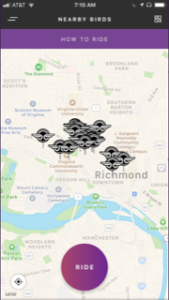 When Friday came, however, the ride-share company seemed to buck the rank-in-file of Richmond City Hall and more Birds were out and ready to ride. Though, some said DPW rounded those up as well.
When Friday came, however, the ride-share company seemed to buck the rank-in-file of Richmond City Hall and more Birds were out and ready to ride. Though, some said DPW rounded those up as well.
Following the two-day kerfuffle between city officials and the scooter-going public that were enjoying the now-confiscated mode of transport, Mayor Stoney took to Twitter to give his remarks about the future of the company’s presence in the capital city.
He tweeted: “Hey @BirdRide! I like these scooters. How about we get our teams around the table and make this work the right way?”
Reportedly, executives from the scooter ride-sharing company will be meeting with officials from City Hall later this week to strike up a deal to allow the public access to the zippy modes of transport.
Bird Ride’s impromptu launches have been met with less than favorable receptions from some cities across the country, just like in Richmond.
Earlier this year, in California, where the company is based, San Francisco impounded hundreds of the company’s scooters after Bird launched its service without securing a permit with the city. Los Angeles temporarily banned the rental scooters until officials could approve rules governing their use. The move sparked an outcry from transportation advocates and the public who said the zippy devices were innovative transportation methods that should be regulated, not completely banned from use.
Similarly, Denver blocked the Bird from setting up in the city, but has recently approved permits for the company, as well as other dockless ride-sharing operators, like LimeBike, during a one-year trial period.
However, the cities of Cambridge and Somerville, Massachusetts hit the company with cease-and-desist letters just one month after the electric scooters hit the streets.
While it is a bit of a bigger deal, cities rounding up Bird Ride’s electric scooters and sending out cease-and-desist letters is tantamount to cities revoking the ability for children to open up lemonade stands who have not sought a permit. Cities can claim that banning the Bird is founded upon issues of permits, safety, business tax collection, competition, or any number of other reasons.
Bird Ride is a disruptive business, and being just that creates better, innovation-driven growth that displaces established market-leading companies.
Maybe a referendum to allow Bird Ride to set up Richmond would move the city government. Though, considering their record on following referendums, that is unlikely.

